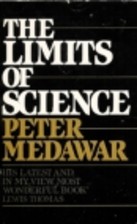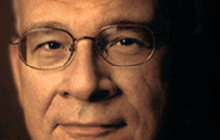Are there circumstances in which the scientific method ought to work, but for which the method does not provide “an accurate representation of the world” – that is, a correct description of the way things really are? Unfortunately, the answer is yes. As Professor Wolfs mentions above, “personal and cultural beliefs influence both our perceptions and our interpretations of natural phenomena.” If the hypothesis-testing process fails to eliminate most of the personal and cultural biases of the community of investigators, false hypotheses can survive the testing process and then be accepted as correct descriptions of the way the world works. This has happened in the past, and it happens today.
Some of the most glaring examples of this failure of the scientific method today have to do with the issue of origins. There are two fairly obvious reasons for this: 1) many of the crucial processes occurred in the past and are difficult to test in the present; and 2) personal biases are especially strong on topics related to origins because of the wider implications.
—
Scientists, as humans, often find it difficult to stop at the edge of the scientific method. Instead, they leap into the realm of philosophy and speculation. This TED talk by Brian Greene includes an interesting and relatively short presentation that challenges the observer to work on distinguishing between testable hypotheses and imaginative speculation. As you watch, see if you can distinguish between what is and what isn’t science.









